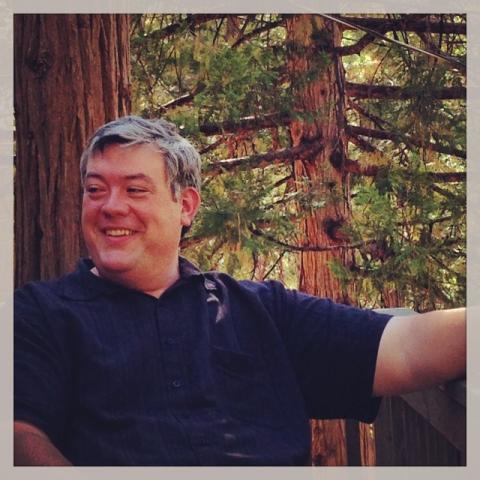24PearlStreet Workshops and Events

Starting a poem is difficult because of the barriers we often build for ourselves. In this new course, you will learn how to recognize your individual barriers and bypass them. In this workshop you will write and revise new poems through a series of guided encouragements, deadlines, and feedback from the group and one-on-one discussion.
Sometimes, starting a poem, I feel paralyzed by the task. Each time I need to find the way around my expectations, over the seemingly unsurmountable traditions and the already-trod reactions against tradition, under the deep sea of …whatever—you get my drift: starting a poem is difficult because of the barriers we ourselves have built. Often, when I do escape myself into a poem, it’s because the unconscious let me in through a side door. Once inside, I’m intoxicated by the infinite possibilities of a poem, the associations and indulgences, by the forward flow of freed language. But of course we rebuild the walls as quickly as they come down. This course is designed to help recognize our individual barriers to getting into a poem, and how to bypass them, and remain insurgent long enough to get a few good lines down.
In this eight-week poetry class you will write and revise at least three new poems through a series of guided encouragements, deadlines, and feedback from the group and one-on-one discussion. Short weekly reading assignments and writing opportunities will aid us in looking into the unconscious to draw from it what needs to be drawn, and to speak from various phases of the mind. An online course anthology will include works from Jean Valentine, Adelia Prado, Brigit Pegeen Kelly, Eleanor Ross Taylor, Robert Duncan, W.S. Merwin, and Jean Follain. I will ask you to contribute to an online forum with your personal responses and reflections about the readings and the writing opportunities. We will discuss what the challenges the poets had for themselves, and try to challenge ourselves in similar ways, including questions of a poem’s shape and form, speakers’ personae, subjects, metaphor, syntax and imagery. I will also have a one on one email conversation or skype session per poem with you in which I will offer suggestions for revision.
Your poems might be connected, or part of a larger project such as a book or chapbook that you’re working on, or they may stand on their own feet: this course is adaptable to any poet’s personal ongoing goals. Participants should feel comfortable giving and receiving critiques on poems with peers as well as from the instructor, in a temporary community of mutual respect and curiosity focused on supporting each other’s efforts toward a new draft or a new poem.
Biography

Poet Ed Skoog was born in Topeka, Kansas. He earned an MFA from the University of Montana. His collections of poetry include the chapbooks Toolkit (1995) and Field Recordings (2003) and the full-length volumes Mister Skylight (2009) and Rough Day (2013), both published by Copper Canyon Press. His poems have appeared in Paris Review, American Poetry Review, Poetry, and many other magazines, and he was included in the 2015 Best American Poetry. The Harvard Review compared Skoog’s work to that of Wallace Stevens and the New York School poets, noting his “verbal montages.” Reviewer Henry Hughes added, “readers must surrender their demands for whole meaning in the narrative sense to enjoy the verbal play—the sounds, phrases, and crazy connections that suggest new ways of reading the world.” Skoog has taught at the Idyllwild Arts Foundation in Idyllwild, California, the New Orleans Center for Creative Arts, and Tulane University. He has received fellowships from Bread Loaf Writers Conference and The Lannan Foundation, and has been the Jenny McKean Moore Writer in Washington at George Washington University and writer-in-residence at the Richard Hugo House. He lives in Portland, Oregon. http://skoog.land






